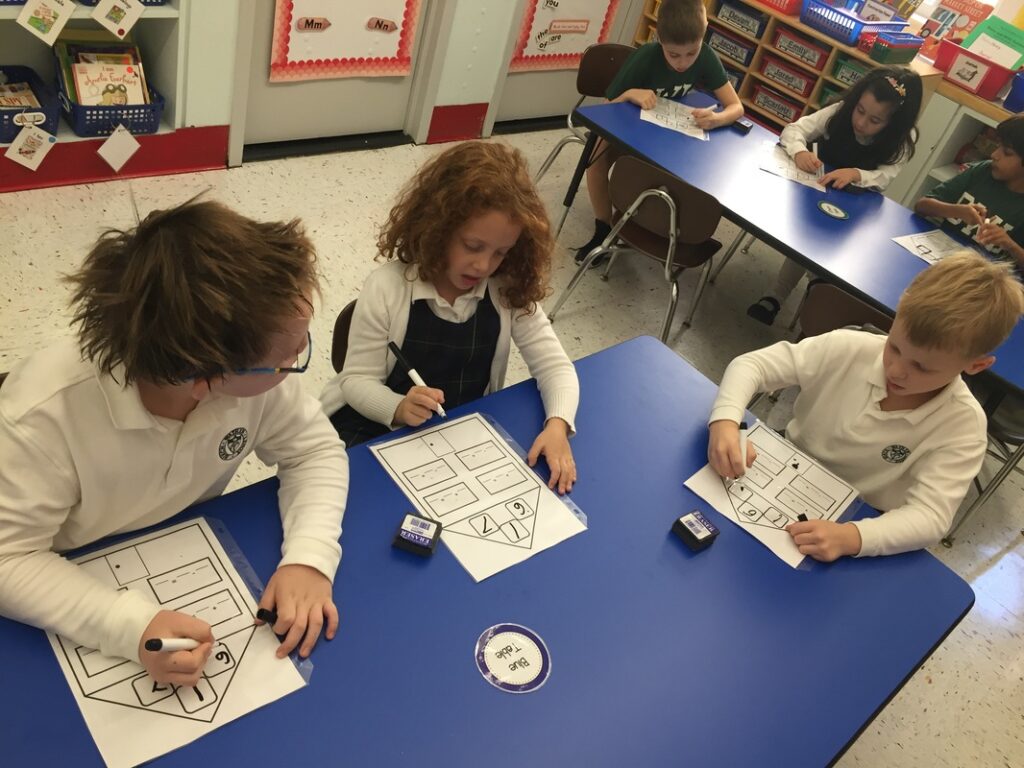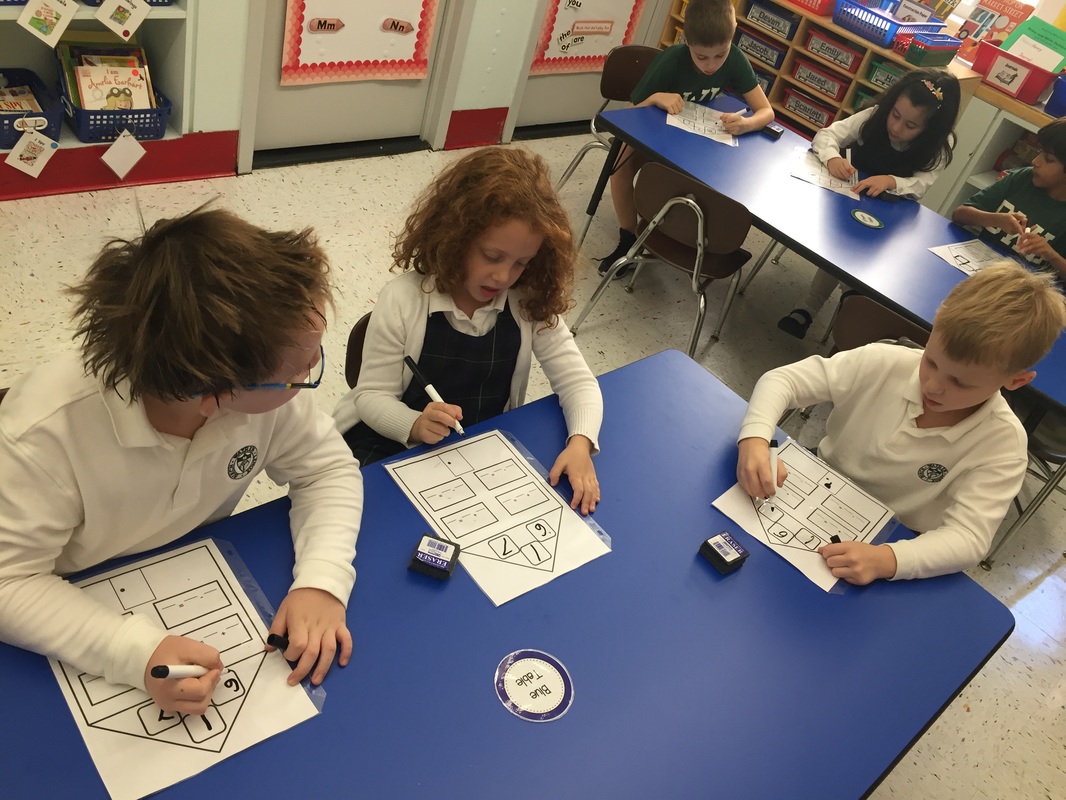
What Are 1st Graders Learning? A Comprehensive Guide for Parents and Educators
As children embark on their first full year of formal education, many parents and educators wonder, “What are 1st graders learning?” First grade is a pivotal year, laying the groundwork for future academic success. The curriculum typically covers a range of subjects designed to foster foundational skills in reading, writing, mathematics, and critical thinking. Understanding the key learning objectives can help parents support their child’s educational journey effectively.
Reading and Language Arts
Reading proficiency is a primary focus in first grade. Students transition from recognizing individual letters and sounds to reading simple sentences and short stories. Key components of the reading curriculum include:
- Phonics: Reinforcing letter-sound correspondence and blending sounds to decode words.
- Sight Words: Memorizing commonly used words that don’t follow typical phonics rules (e.g., the, and, said).
- Reading Comprehension: Understanding the meaning of what is read, including identifying the main idea, characters, and setting.
- Fluency: Reading smoothly and accurately at an appropriate pace.
Teachers often use a variety of methods to teach reading, including guided reading, shared reading, and independent reading. Parents can support their children by reading aloud to them, encouraging them to read independently, and discussing the stories they read.
Writing Skills
Writing in first grade focuses on developing basic sentence structure, grammar, and punctuation. Students learn to:
- Write simple sentences with a subject, verb, and object.
- Use correct capitalization and punctuation (periods, question marks, exclamation points).
- Spell common words correctly.
- Organize their thoughts and ideas in a logical sequence.
Creative writing activities, such as writing stories and poems, are also incorporated to encourage self-expression and imagination. Providing opportunities for children to write at home, such as journaling or writing letters to family members, can reinforce these skills.
Mathematics
First-grade math curriculum centers on building a strong foundation in number sense and basic operations. What are 1st graders learning in math? The core concepts include:
- Number Recognition and Counting: Identifying and writing numbers up to 100, counting by ones, fives, and tens.
- Addition and Subtraction: Mastering basic addition and subtraction facts within 20.
- Place Value: Understanding the value of digits in the ones and tens places.
- Measurement: Measuring length, weight, and volume using non-standard units and standard units (inches, centimeters).
- Geometry: Identifying and describing basic shapes (squares, circles, triangles, rectangles).
Hands-on activities, such as using manipulatives like blocks and counters, are often used to make math concepts more concrete and engaging. Parents can reinforce these skills by incorporating math into everyday activities, such as counting objects, measuring ingredients while cooking, and playing math games.
Problem-Solving Skills
First-grade math also introduces basic problem-solving strategies. Students learn to:
- Solve simple word problems involving addition and subtraction.
- Identify relevant information in a problem.
- Use different strategies to solve problems, such as drawing pictures or using manipulatives.
Encouraging children to explain their thinking process when solving problems can help them develop critical thinking skills.
Science
The science curriculum in first grade is designed to introduce students to the natural world and foster their curiosity. Typical topics include:
- Life Science: Learning about plants, animals, and their habitats.
- Earth Science: Exploring weather patterns, seasons, and the Earth’s resources.
- Physical Science: Investigating the properties of matter and energy.
Hands-on experiments and observations are often used to engage students and make science concepts more memorable. Field trips to museums, zoos, and nature centers can also provide valuable learning experiences. Parents can support their children’s science learning by encouraging them to ask questions, explore their environment, and conduct simple experiments at home.
Scientific Inquiry
First graders also begin to develop basic scientific inquiry skills. They learn to:
- Make observations.
- Ask questions.
- Collect and record data.
- Draw conclusions based on evidence.
Social Studies
Social studies in first grade introduces students to concepts of community, citizenship, and history. Topics typically include:
- Community: Learning about different roles and responsibilities within a community.
- Citizenship: Understanding the importance of rules, laws, and respect for others.
- History: Exploring historical figures and events.
- Geography: Learning about different places and cultures.
Discussions, role-playing activities, and field trips are often used to bring social studies concepts to life. Parents can support their children’s social studies learning by discussing current events, visiting historical sites, and exploring different cultures.
Social Skills
Beyond academic content, first grade is crucial for developing social skills. Students learn to:
- Work collaboratively with others.
- Share and take turns.
- Resolve conflicts peacefully.
- Respect different perspectives.
Teachers often use strategies such as cooperative learning activities and social-emotional learning programs to foster these skills. Parents can reinforce these skills by modeling positive social behavior and providing opportunities for children to interact with their peers.
The Importance of Play-Based Learning
While academic skills are important, play-based learning remains a crucial component of first-grade education. Through play, children develop creativity, problem-solving skills, and social-emotional intelligence. Teachers often incorporate play-based activities into the curriculum to make learning more engaging and enjoyable. What are 1st graders learning through play? They are learning to collaborate, negotiate, and think critically – skills that are essential for success in school and beyond.
Supporting Your First Grader at Home
Parents play a vital role in supporting their child’s learning in first grade. Here are some tips for helping your child succeed:
- Read with your child regularly: Make reading a fun and enjoyable experience.
- Create a supportive learning environment: Provide a quiet and comfortable space for your child to do homework.
- Communicate with your child’s teacher: Stay informed about your child’s progress and any areas where they may need extra support.
- Encourage your child’s interests: Support their curiosity and exploration in all areas of learning.
- Practice patience and understanding: Remember that every child learns at their own pace.
Addressing Learning Challenges
Some first graders may face learning challenges that require additional support. Common challenges include:
- Reading difficulties: Such as dyslexia or other reading disorders.
- Math difficulties: Such as dyscalculia or other math-related learning disabilities.
- Attention difficulties: Such as ADHD.
If you suspect that your child is struggling with a learning challenge, it is important to seek professional help. Early intervention can make a significant difference in a child’s academic success. Talk to your child’s teacher or pediatrician to discuss your concerns and explore available resources.
The Role of Technology in First Grade
Technology is increasingly integrated into the first-grade curriculum. Teachers use technology to enhance learning experiences and provide students with access to a wider range of resources. Common uses of technology in first grade include:
- Educational apps and games: To reinforce skills in reading, math, and other subjects.
- Interactive whiteboards: To engage students in whole-class activities.
- Online research: To explore topics of interest and gather information.
While technology can be a valuable tool, it is important to use it responsibly and in moderation. Parents should monitor their child’s screen time and ensure that they are using technology for educational purposes.
Preparing for Second Grade
As the year progresses, first graders build a strong foundation for future learning. By the end of first grade, students are typically able to:
- Read simple books independently.
- Write simple sentences with correct grammar and punctuation.
- Add and subtract numbers within 20.
- Understand basic concepts in science and social studies.
These skills will prepare them for the challenges of second grade and beyond. Continuing to support your child’s learning at home throughout the summer can help them maintain their skills and be ready for the next academic year. What are 1st graders learning is more than just facts and figures; it’s about developing a love of learning and building the skills they need to succeed in life.
Conclusion
Understanding what are 1st graders learning provides valuable insight for parents and educators alike. By focusing on foundational skills in reading, writing, mathematics, science, and social studies, first grade sets the stage for future academic success. By actively supporting their child’s learning at home, parents can help them thrive in first grade and beyond. The curriculum is designed to be engaging and developmentally appropriate, fostering a love of learning and building essential skills. Remember to communicate with your child’s teacher and seek professional help if you have any concerns about their progress. First grade is a year of significant growth and development, and with the right support, every child can succeed.
[See also: How to Help Your Child with Reading Comprehension]
[See also: Fun Math Activities for First Graders]
[See also: The Importance of Play in Early Childhood Education]

